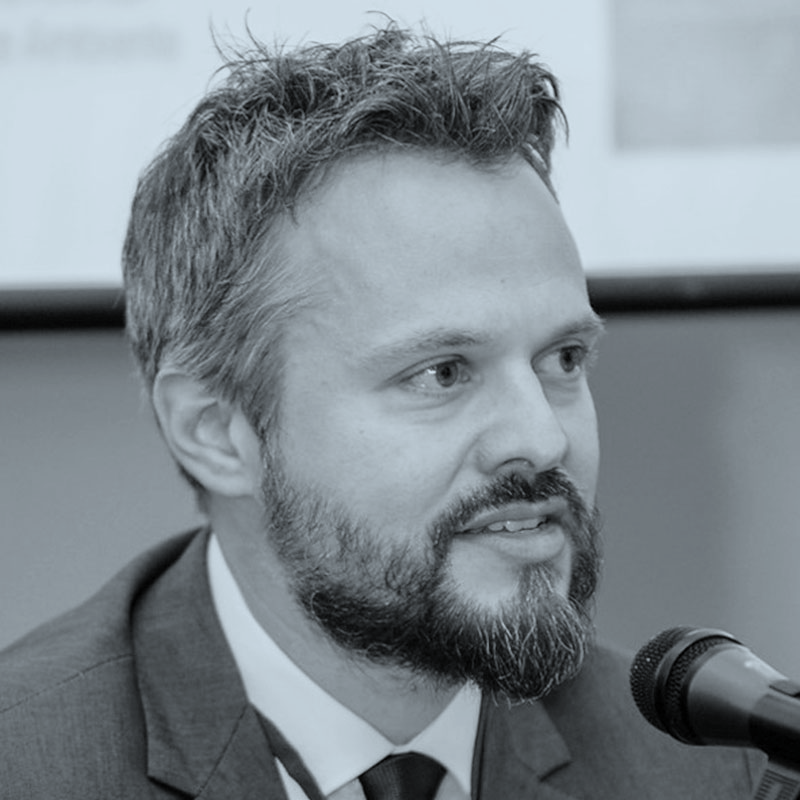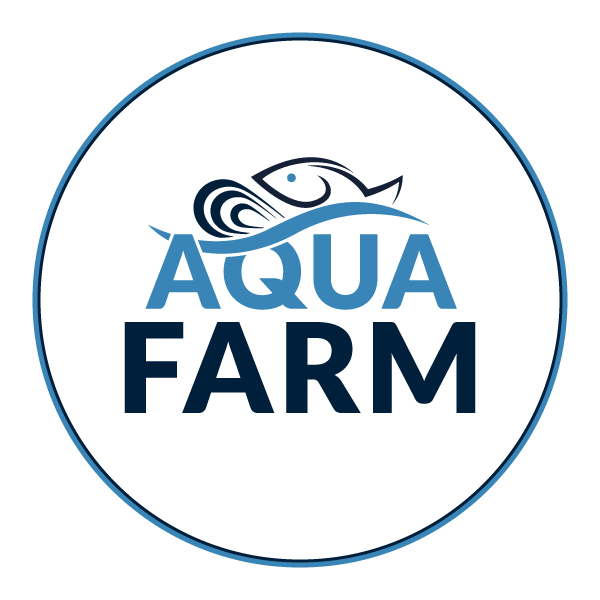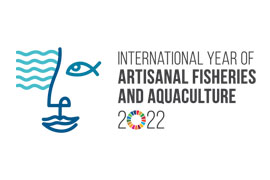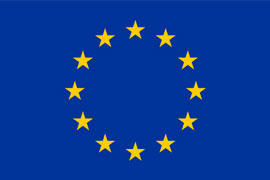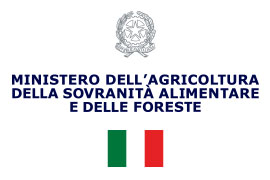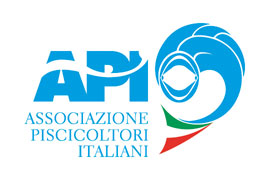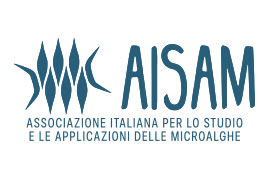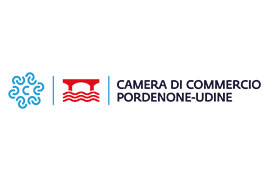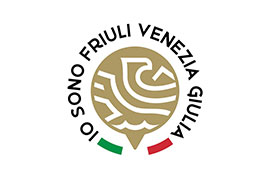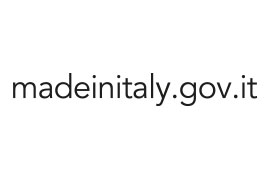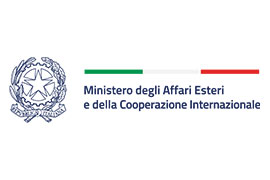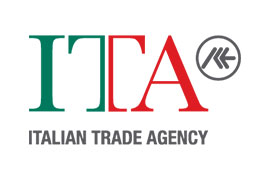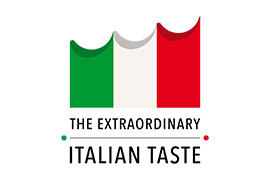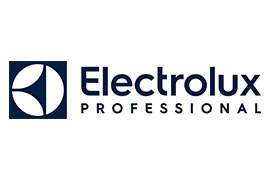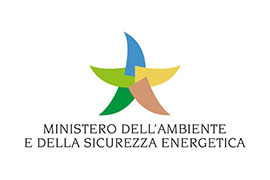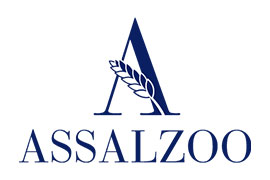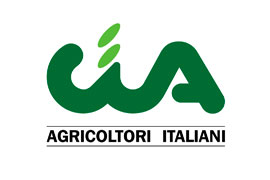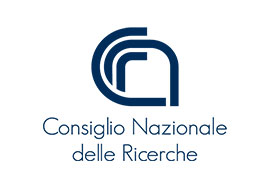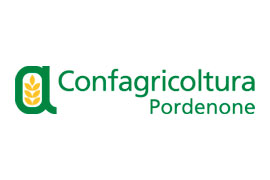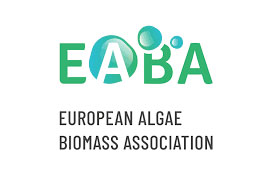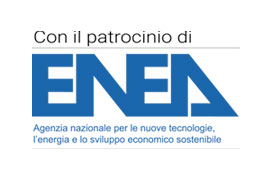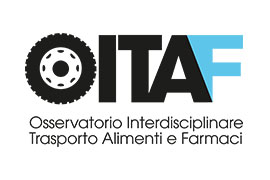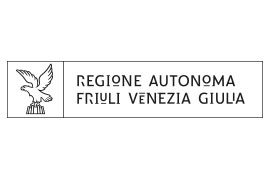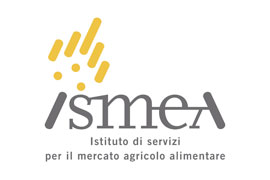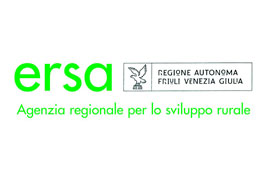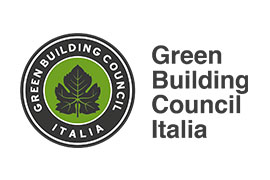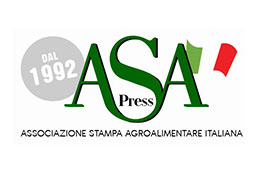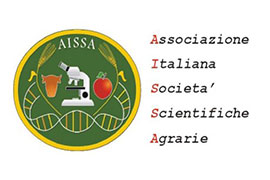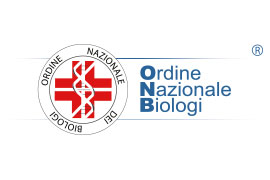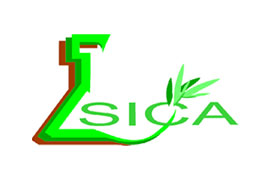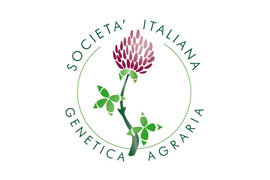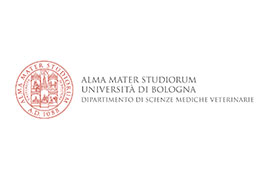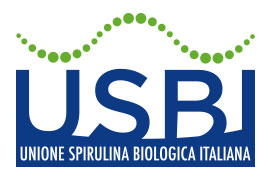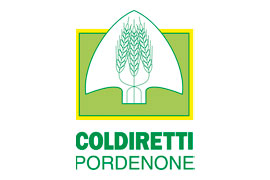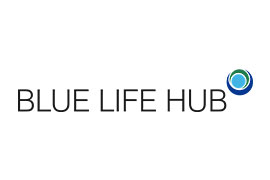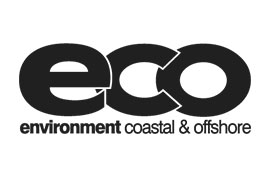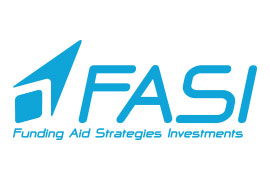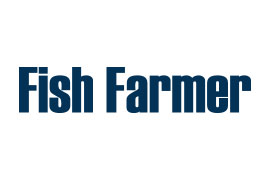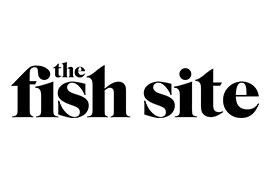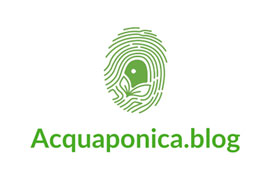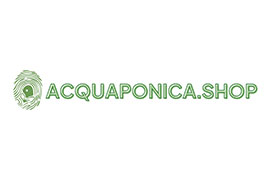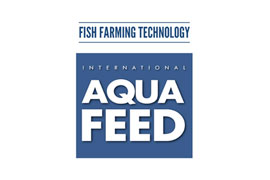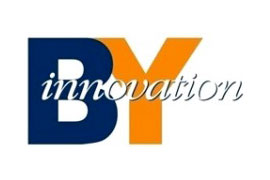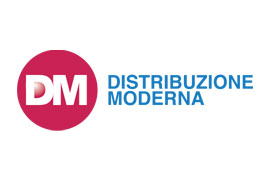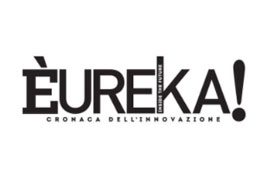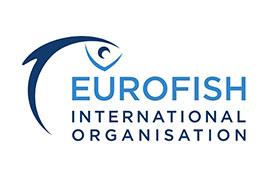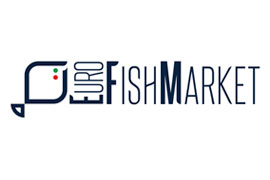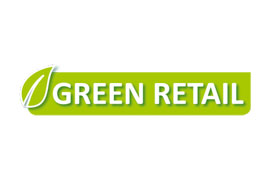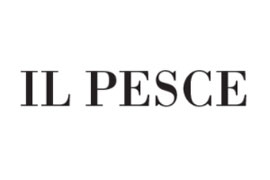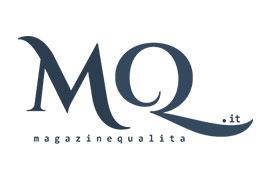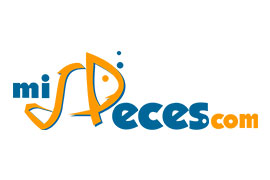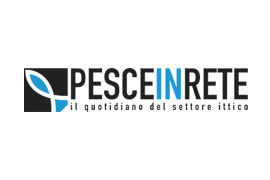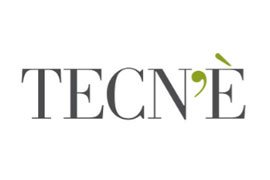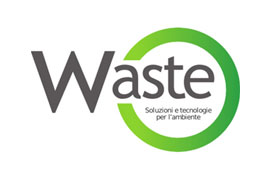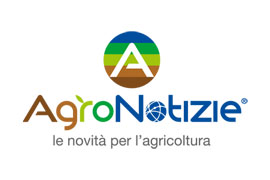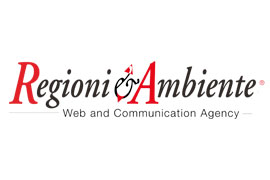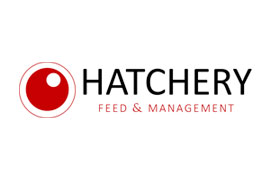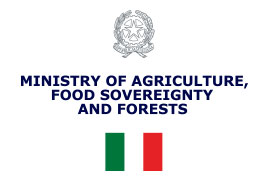Title: professor
Association/Company: Università di Padova
Biography:
Laureato in Scienze e Tecnologie Agrarie presso la Facoltà di Agraria dell’Università di Padova, nel 2010 ha conseguito il titolo di dottore di ricerca in Agronomia Ambientale e Produzioni Vegetali presso l’Università di Padova. Attualmente è professore associato in Orticoltura e Floricoltura presso il Dipartimento di Agronomia, Animali, Alimenti, Risorse naturali, e Ambiente (DAFNAE) dell’Università di Padova. Le attività di ricerca sono focalizzate sullo studio e miglioramento della qualità degli ortaggi in relazione agli aspetti agronomici ed alla modalità di coltivazione con particolare enfasi su sistemi produttivi di acquaponica e coltivazione di specie orticole. Coautore di oltre 150 contributi scientifici su riviste nazionali e internazionali, di cui 83 su riviste ISI/SCOPUS (1538 citazioni; HI-20) e 6 capitoli in volume; è membro del Consiglio Direttivo della Società di Ortoflorofrutticoltura Italiana (SOI) e dell’International Society for Horticultural Science (ISHS).
Speech session
Circularity in fishfarming
Speech
Vertical haloponics
Abstract
While the rapidly growing global population will require a significant increase in food production in the next few years, the current climate, sanitary and geopolitical crises highlight the weaknesses of the actual food production systems, excessively dependent on external inputs and involving extremely complex nested scales and non-linear processes. Thus, clearly appears the need of accelerating the transition toward agricultural solutions and food systems based on the principles of the “Green Deal”, encompassing ecological resilience, environmental sustainability, local production, and universal access to healthy foods.
Aquaponics can provide short and eco-friendly food supply chains with increased resource-use efficiency, high environmental sustainability, and food resilience. The sustainability of Aquaponics systems could be further increased by exploiting water resources that are not suitable for other purposes (brackish and salt water – haloponics), applying the vertical farming technology for both aquatic and vegetable species, reducing the use of fish meal in aquafeeds, valorising the system residues (sludge) for agronomic purposes.
The general objective of VERTICHALPONICS is to develop an innovative food production system by implementing an interdisciplinary approach that builds on animal sciences, plant physiology and horticultural sciences while also exploring their interconnections with economic and environmental sciences. The system could boost the economy in the aquaculture and agriculture sectors, work in different areas, provide livelihoods for the growing world population, stimulate the transition towards sustainable food production practices, and ensure the quality and safety of food production.

